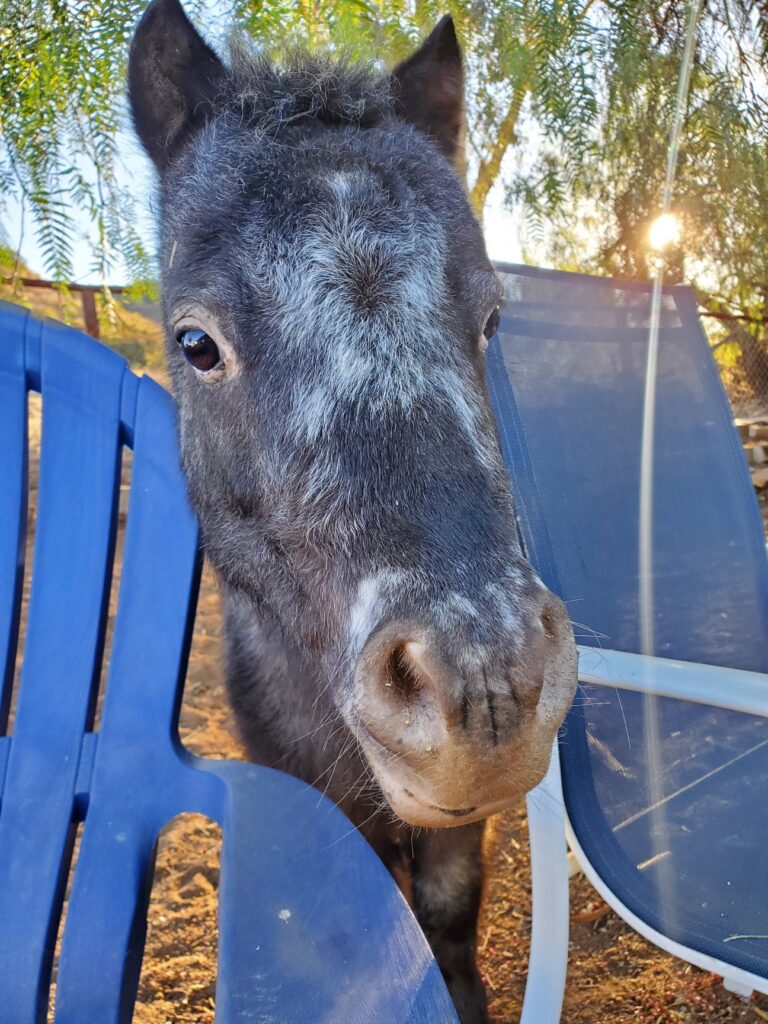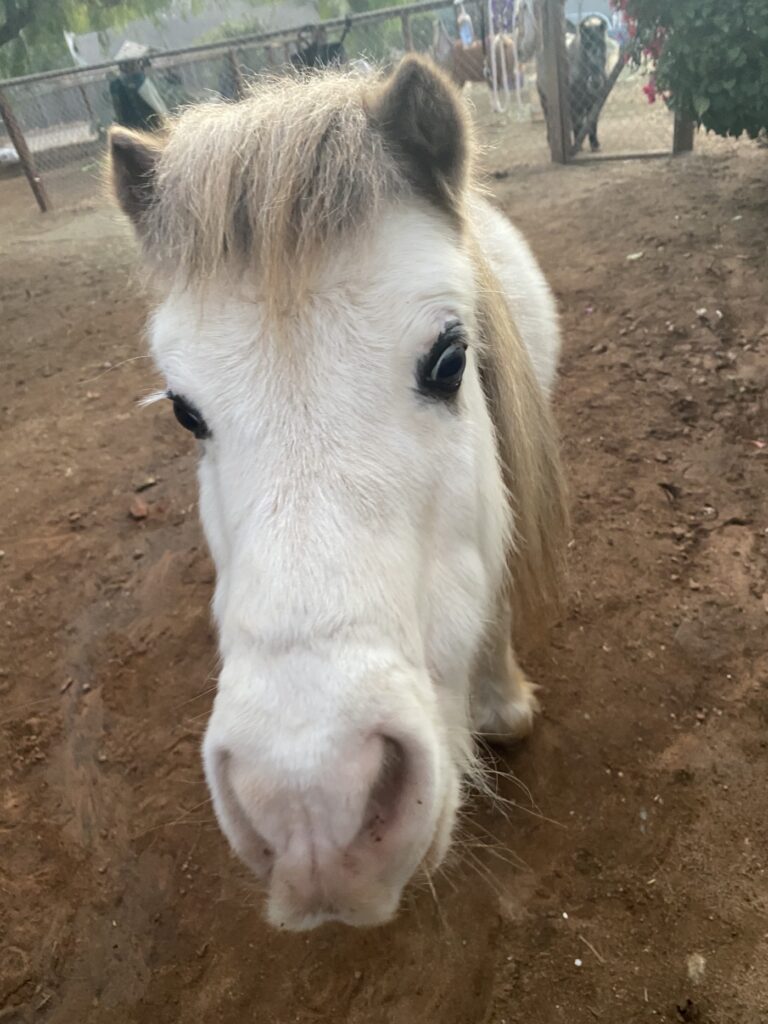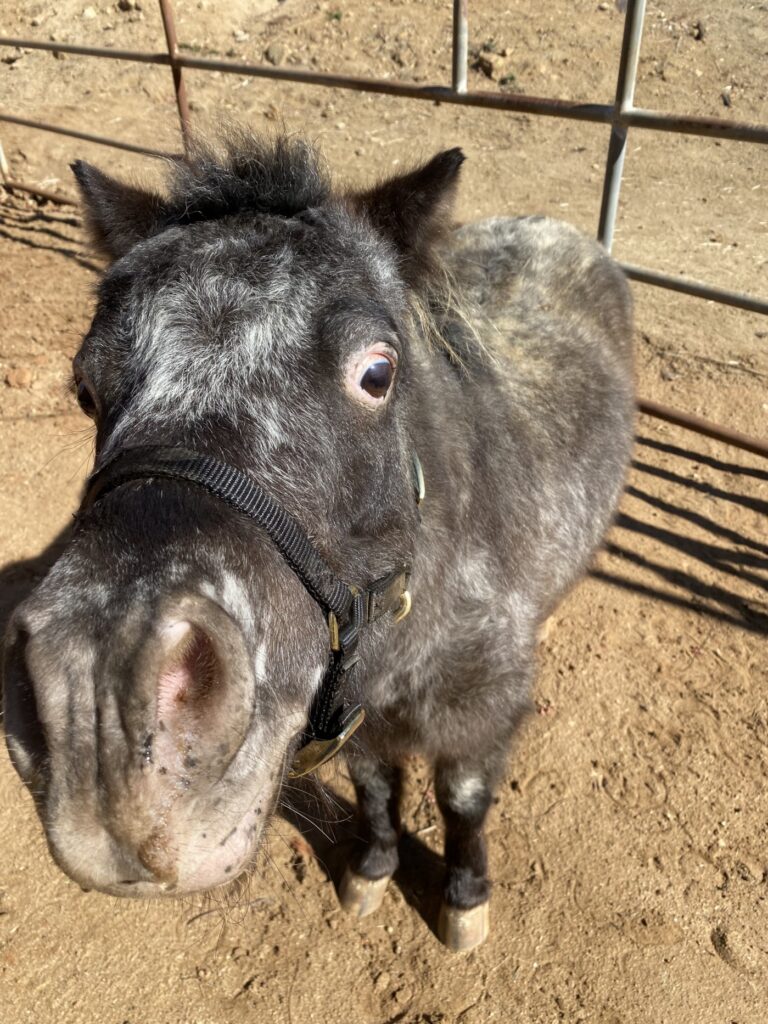
The modern age of communication lacks connection that engages more than one sense simultaneously. TikTok, Instagram, Facebook, and other social platforms help us find new ways to stay in constant contact with each other, via carefully annotated tweets and filtered video clips. You’ve likely witnessed births, deaths, weddings, heartbreak, puppy adoptions, and more, all through the screen of your phone.
Most people rely heavily on facial expressions and vocal tone inflections to help the “emotion” and “logic” sides of the mind meet in the middle so that we can react with their “wise” minds. This is why many recovery programs stress the importance of making amends in person. Face-to-face interactions make these difficult or emotionally-charged interactions more manageable.
Animals also communicate with us nonverbally, using touch, space, and movement. For example, a horse gently leaning into you is a sign of trust. The beast knows its weight and does not ask you to support it. Instead, the gentle pressure is an invitation to let it hold some of your weight. In the same way, a dog faithfully serving their alpha won’t pull on its leash. They will curl up at the feet of their master, a willing shield between their pack leader and danger.
Finding the Golden Ball
In Robert Bly’s poetic examination of divine masculinity, “Iron John,” he explains that the metaphorical “golden ball” is a visualization that “reminds us of the unity of personality we had as children- a kind of radiance, or wholeness, before we split into male and female, rich and poor, bad and good. The ball is golden, as the sun is, and round. Like the sun, it gives off radiant energy from the inside.”
Animals not only function in the realm of the golden ball but they are also driven purely by it. Animals meet their own needs by instinct alone without worrying about offending someone else, animals play, set boundaries when things get too rough, and continue playing until they’re emotionally satiated and physically exhausted.
You lose your golden ball when resources, physical or emotional, are scarce, and you’re simply in survival mode, feeling neglected with your needs unmet. When playing in the mud has rendered you “dirty” and unsuitable for shopping, church, or entertaining guests. When your parents can’t afford the latest name-brand shoes, and your peers label you “uncool.” When you don’t do well in standardized testing, educational institutions label you as having “potential” but are too overcome by “laziness” or “apathy.” Or worse, “stupid.”

“Wild” Doesn’t Mean “Out of Control”
Animal “instinct” in humans has many names: intuition, a gut feeling, a message from a Higher Power, a divine sign. It’s the nagging voice deep inside yourself, asking you to be a Rufio in a world of Lost Boys. Before other people started using the word “wild” against you like a dagger to the soul. Before other people told us what we should think, how we should feel, who we should vote for, what makes us “smart,” worthy of love, worthy of acceptance, belonging, and purpose.
Wild truly means unbroken, native, uncultivated, and living in a state of nature. Wild berries are more robust in color and sweeter; the flesh of a wild fish is firmer and more nutrient-dense. Your “wild,” or shadow selves are not meant to be caged; it is their divine right to revel in the seemingly directionless wind and stand in awe of the sun rising and setting all on its own, without the hand of man directing its presence.
Being “in control” of your emotions simply means you measure your reactions to events and assess them to determine whether they are justified. If so, what information should you communicate that is true, necessary, and kind? What can you leave out?
Taking an in-the-moment mental inventory can put enough space between you and a distressing event. This often keeps you from making the situation worse by reacting emotionally or clamoring for justice that isn’t yours to pursue.
In the spirit of “to thine own self be true,” you owe it to yourself to honor your wild instinct and sit on the throne of your power, your intrinsic wild self. However, when you “overreact” and fearfully curl into a ball, or deploy your spines like a porcupine, you are falling prey to trauma conditioning that distorts your perception.

What Truths Do You Need to Discover?
Grab a journal and pen, put on a song or two (5–10 minutes), and write “I was told/I believe” at the top of the page. Free write for the duration of the song(s). Don’t judge your thoughts or try to reframe them. Let them flow from your subconscious onto the paper in front of you.
Were you shamed for crying when the family dog died, told to “suck it up” or “go cry in your room where no one can see you”? Were you told you were unworthy of love because of your weight? Were you told women who focus on their careers are bitter spinsters? Were you told that men don’t grieve relationships, that “there are plenty of fish in the sea”?
Identifying beliefs that no longer serve you helps you find the cracks in your false self. It provides space to let the love in, allows the change to take place, and makes room for growth to occur.
Sometimes you need a bit more guidance through the process of discovering your truth. If you’re struggling with your substance use and finding that those deep-seated truths hold you back from recovery, you’re not alone.
Emerge Recovery understands the impact that trauma plays on innocence, and the way it forces you to grow up far sooner than you should. Healing those unhealed parts of you is the first step to finding freedom from substance abuse. To learn more about the ways Emerge can help, please reach out and schedule a free 30-minute breakthrough call today!












